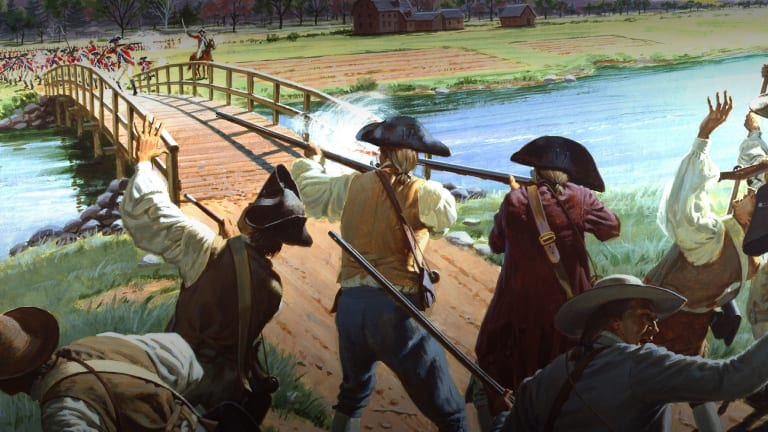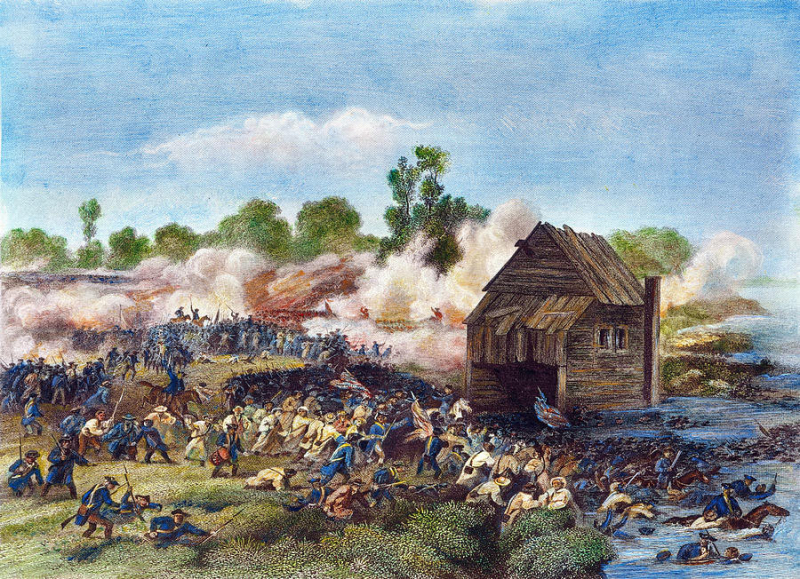British Attacks on Coastal Towns
In late 1775, British attacks on American coastal towns contributed to a general worsening of ties between Britain and her American colonies. Although the Revolutionary War began with the battles of Lexington and Concord, Randall claims that it was uncertain from the outset if the southern colonies, whose interests differed from those of the northern provinces, would be willing to fight for independence. The burning of the two ports was used by rebel leaders to argue that colonists needed to join together to survive against a merciless adversary and embrace the desire for independence, a mentality that would eventually contribute to their success.
The southerners were completely reliant on the English to buy their products, and they didn't trust the Yankees. The Puritans in New England felt the southerners were indolent. But that was before the British naval bombardments and burnings of the coastal cities of Falmouth, Massachusetts, and Norfolk, Virginia, encouraged the colonies to unite. Northerners had to confront "the worry that the British would do anything they pleased to them" at Falmouth, where locals had to collect their belongings and leave for their lives.
Similarly, the sight of Norfolk's wooden houses engulfed in flames following a seven-hour naval bombardment stunned southerners, who were also aware that the British were giving African Americans freedom in exchange for taking up arms on the loyalist side. "Norfolk stoked concerns of a slave revolt in the South," Randall claims. The destruction of the two ports was used by rebel leaders to argue that the colonists needed to join together for survival against a merciless adversary and embrace the necessity for independence—an attitude that would eventually lead to their success.
Date: October 1775 – January 1776














